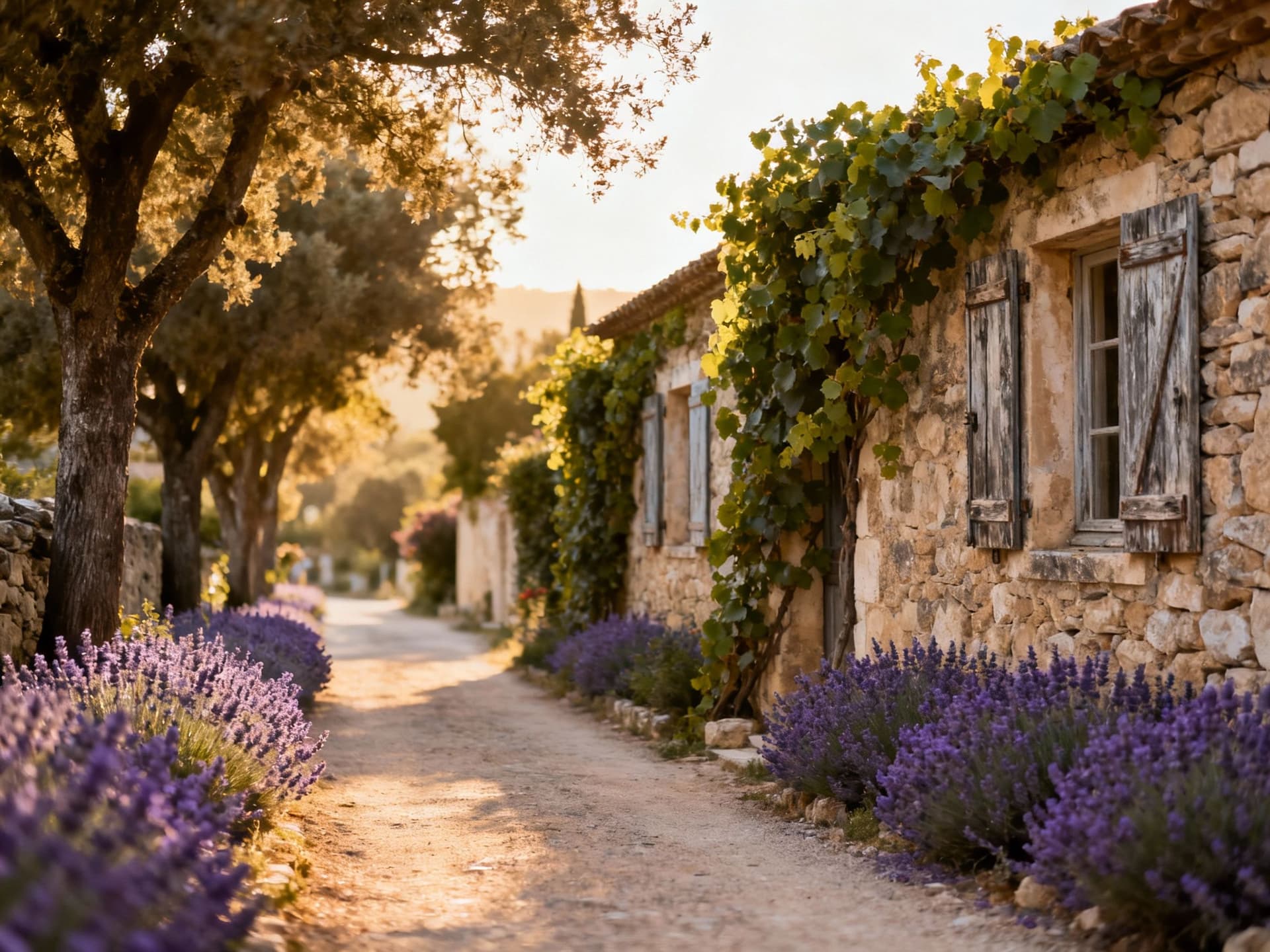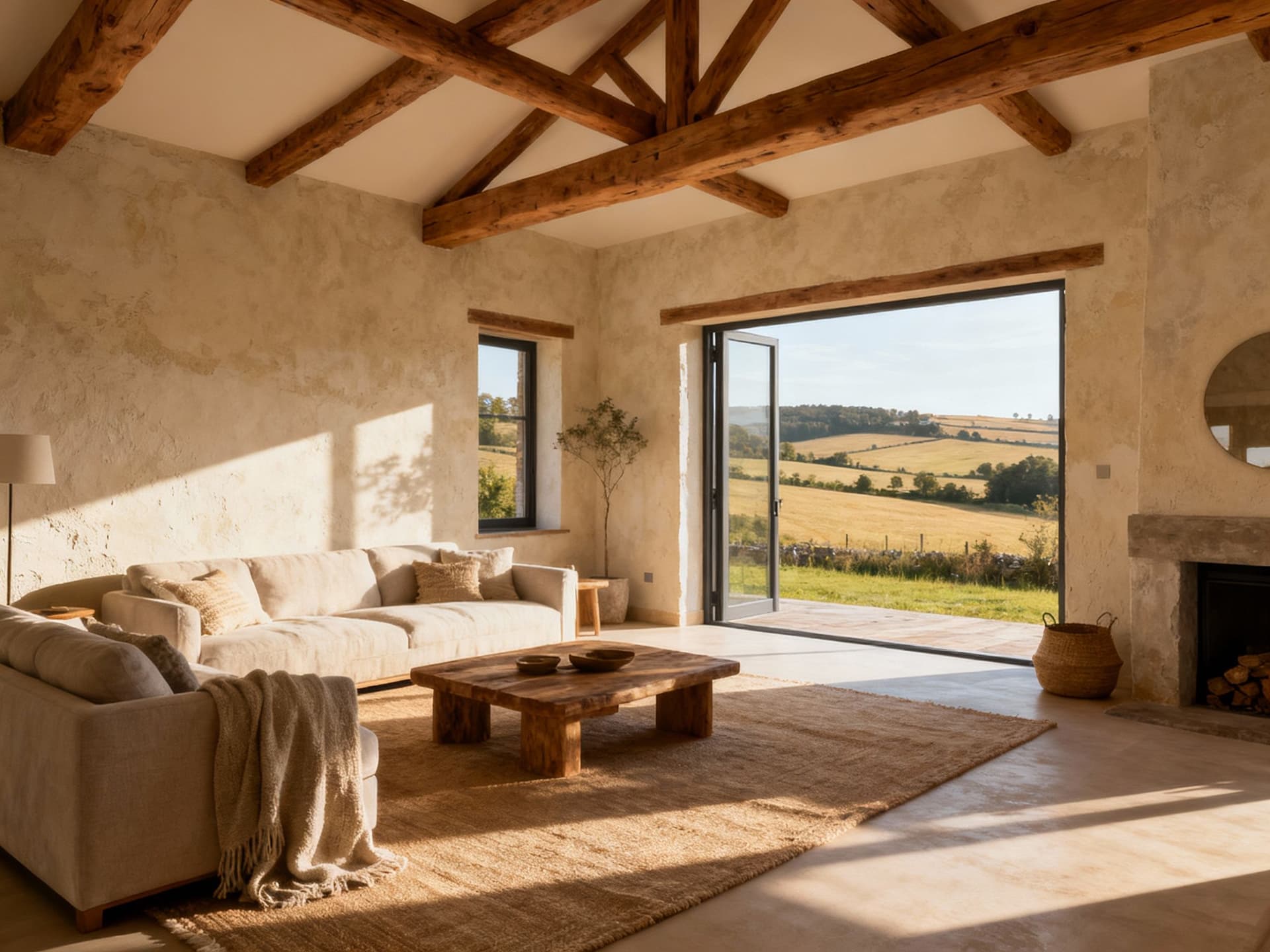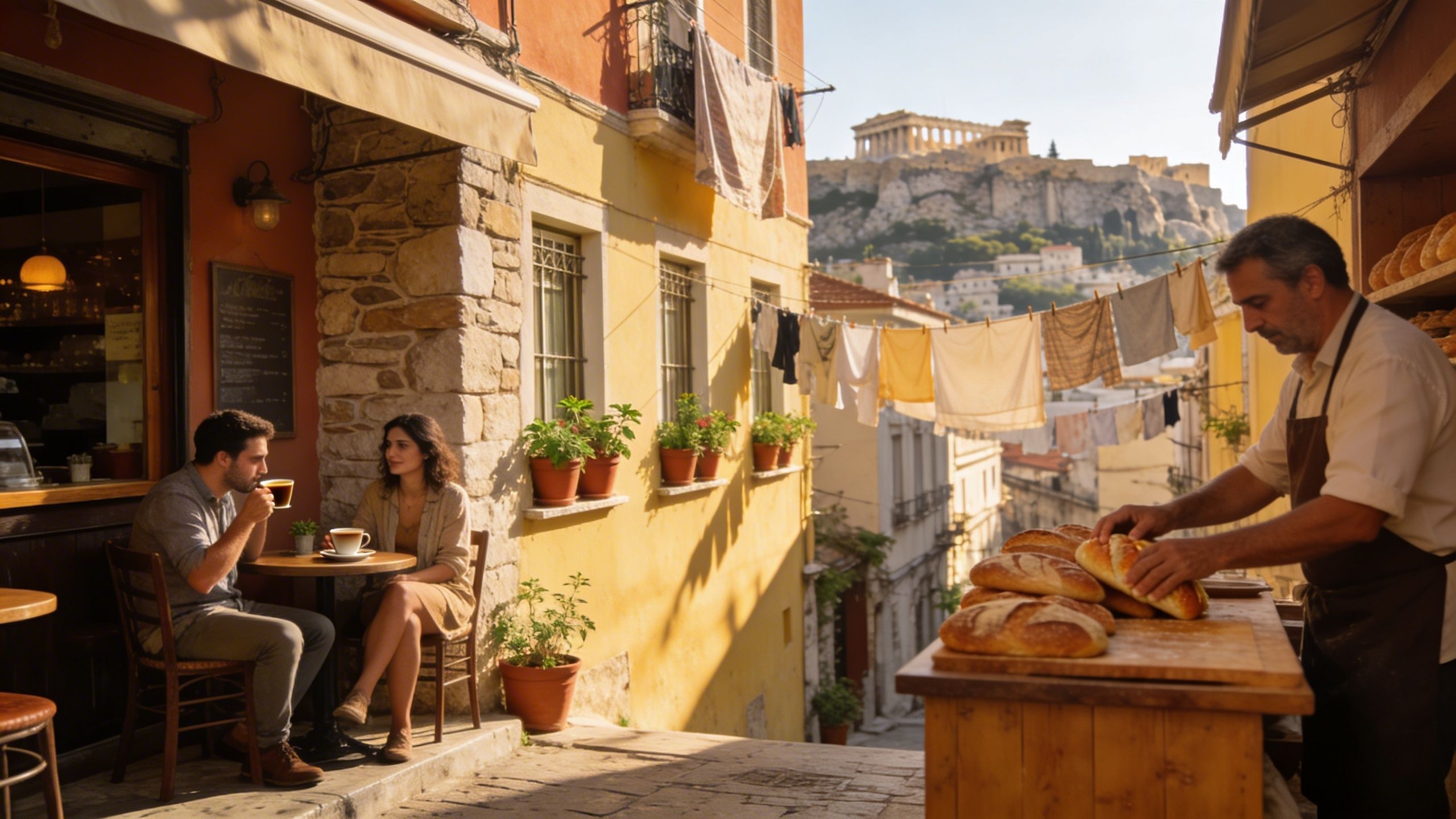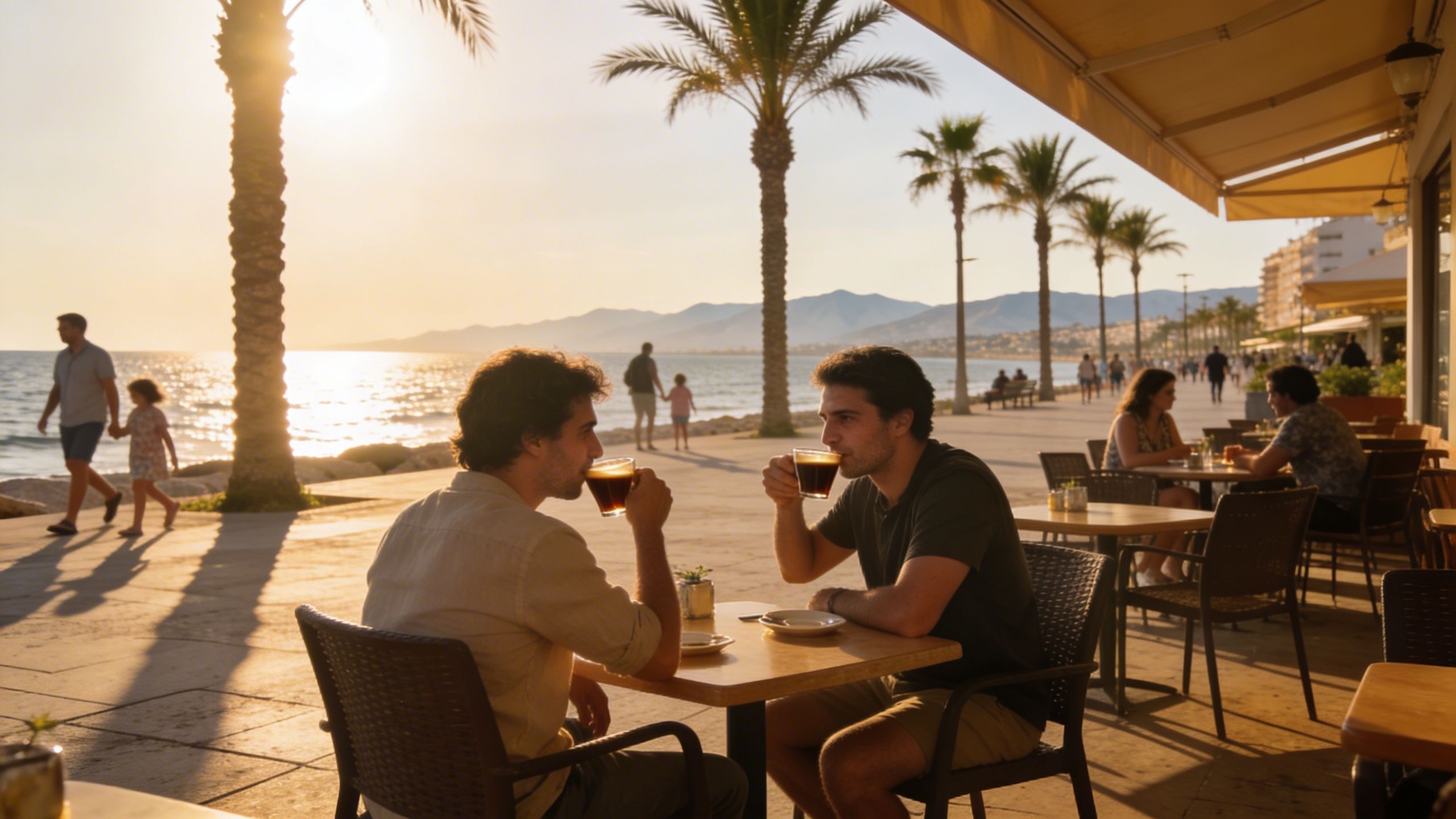Choose the Right Eco-Aware Agency in France
Practical guide for international buyers: how to evaluate French agencies for eco-conscious purchases, with actionable checks, local risks and sources.
According to recent market analysis, international buyers must move with care: France’s market shows renewed activity and local cost changes in 2025, and choosing the right local agency can protect your budget, timeline and ecological goals.
Why an eco-aware local agency matters

An agency that understands French building standards, energy labels and regional planning will save you time and risk. New builds in France follow RE2020 rules and renovation labels were updated in 2024–2024, creating complex requirements that affect feasibility, financing and long‑term running costs.
Sustainability as a decision-making filter
Ask agencies whether listings include verified green credentials such as BBC Rénovation or HPE, and whether they can explain the practical implications for energy bills and renovation scope. A thoughtful agent will translate labels into warm, tangible outcomes: quiet winters, cooler summers, and predictable energy costs.
Local networks that matter
The best local agencies maintain relationships with notaires, certified architects, energy auditors (diagnostiqueurs) and regional planners. These contacts shorten timescales, unearth off‑market homes, and provide realistic renovation quotes that respect local materials and landscapes.
- Key agency capabilities to prioritise:
- Verified local credentials (carte professionnelle, financial guarantee and professional insurance) and clear proof of compliance with French regulations.
- Experience with sustainable homes: knowledge of RE2020, BBC labels, heat pumps, solar micro‑generation and natural building materials.
- A network of trusted trades and specialists—architects, energy auditors, and craftsmen who use local stone and timber.
Practical red flags and pitfalls

International buyers often underestimate transactional costs and timing. From April 2025 some departments may increase notaire-related taxes, and poor agency advice can leave you surprised by higher final costs or missed planning constraints.
Common pitfalls
Watch for agents who overstate energy performance, offer few verifiable references, or have limited English support for contracts. Another common issue is unclear fee structures and exclusive mandates that limit your options without clear benefit.
How to spot them fast
- Steps to protect yourself: 1) Verify the agent’s carte professionnelle and ask for proof of their financial guarantee and insurance. 2) Request recent references, including international clients and sustainable renovation projects. 3) Insist on detailed cost estimates including departmental taxes and likely notaire fees. 4) Ask about language support for legal documents and whether they work with bilingual notaires and translators. 5) Confirm how they assess and document DPE (energy performance) and green labels so claims are evidence-based.
Choosing and testing agencies: an actionable checklist
Interviews reveal the difference between polished marketing and grounded expertise. Use a short pilot process to test an agency: a paid valuation, a short-listing of three properties with detailed energy dossiers, and a sample negotiation brief to see how they protect your interests.
Questions to ask every agency
- How do you verify the DPE and any green certifications on a property? Can you provide examples of projects where you negotiated energy‑related repairs or price adjustments?
- Do you have a local notaire and architect you regularly work with, and can you share their contact details for early consultation?
- What are your fees and what is included—search, viewing coordination, negotiation, after‑sale support and property management for absentee owners?
- How do you help international buyers manage taxes and declarations—especially non‑resident property taxes and potential IFI thresholds?
Quick negotiation and due-diligence package
- Pilot steps to test an agent (4–6 items): 1) Commission a paid market valuation and a written comparative market analysis. 2) Request a dossier for one property: title history, DPE, recent works, planning constraints and utility access. 3) Ask them to obtain a preliminary mortgage feasibility or referral to a local lender. 4) Have them draft a negotiation strategy including likely repair credits for energy upgrades. 5) Insist on a written timeline and escalation path if the process stalls.
Advanced considerations for the eco-conscious buyer
Good agencies will advise not only on present performance but on future resilience: vulnerability to heatwaves, opportunities for solar, and lifecycle carbon of retrofit vs rebuild. They should also be familiar with recent label updates and how regional planning offices treat climate adaptation.
Location-specific French factors
Regional differences matter: coastal properties face stricter coastal planning rules, mountain homes have avalanche and servitude considerations, and listed rural properties may require approvals for stone, lime and timber repairs. Taxes and departmental notaire fees can vary—factor local decision-making into your purchase plan early.
Future-minded trends to watch
Expect greater emphasis on carbon accounting for buildings, demand for retrofits that follow BBC Rénovation paths, and growing availability of green mortgages. An agency that anticipates these trends will help you secure lower running costs and better long‑term value.
Conclusion — how to begin today
Start with two practical steps: (1) shortlist three local agencies that demonstrate verified green expertise and ask for pilot valuation work; (2) arrange an early call with a bilingual notaire and an energy diagnostiqueur to uncover any hidden costs. In a market where rules and fees are changing, early diligence preserves both your budget and the living landscape you seek.
Swedish advisor who left Stockholm for the Costa Brava in 2019. Specializes in sustainable, sea‑view homes for Scandinavian buyers and green finance insights.


